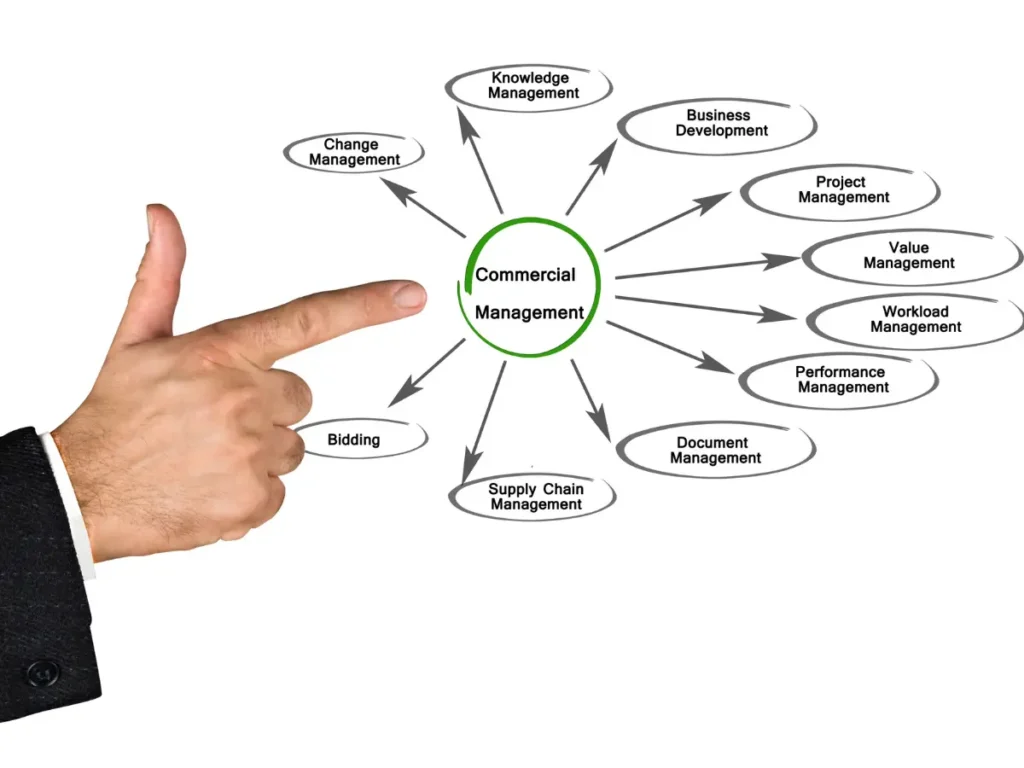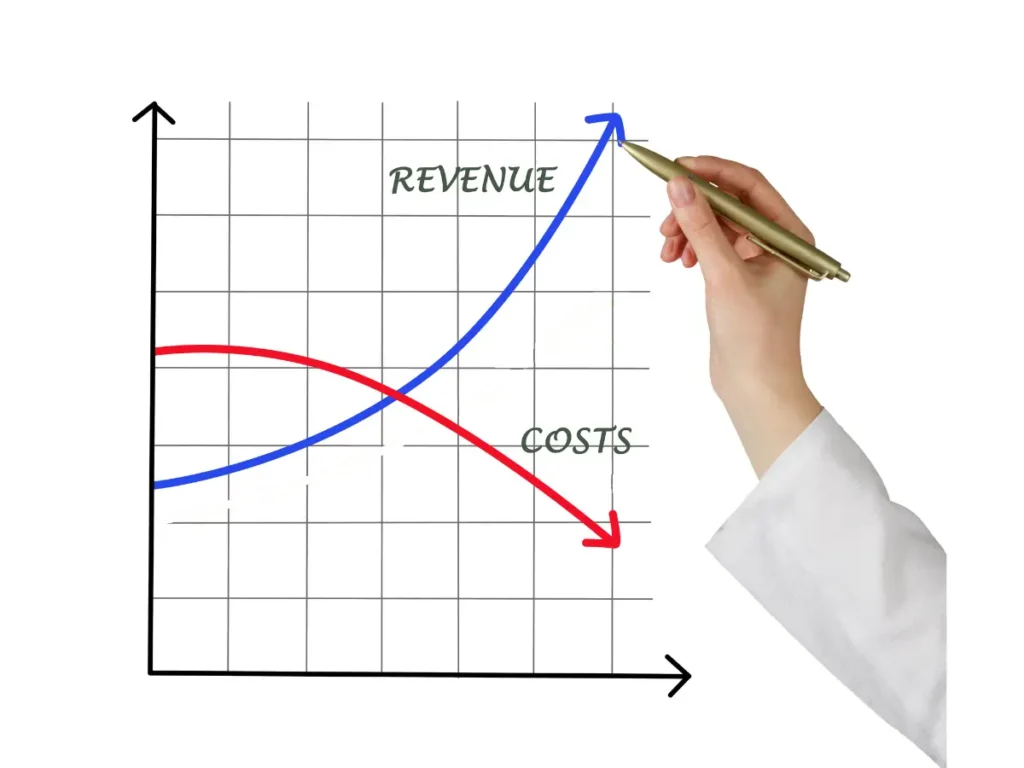In today’s business world, the amount of information generated and used by organizations is enormous. To manage this information effectively and make informed decisions, companies increasingly rely on Management Information Systems (MIS). In this article, we will explain in detail what an MIS is, why it is important for businesses, and how it can benefit business leaders in strategic decision-making.
What is a Management Information System?
A Management Information System (MIS) is a set of tools, technologies, and processes that help collect, store, process, and analyze information to support decision-making in an organization. An MIS integrates data from various internal and external sources of the company and presents it in a structured and comprehensible manner for business leaders.
Importance of a Management Information System
An MIS is crucial for businesses for several reasons:
- Informed Decision-Making: Provides business leaders with relevant and timely information to make informed and strategic decisions.
- Operational Efficiency: Enables companies to optimize their operations by providing real-time information on the performance and efficiency of processes.
- Competitiveness: Helps companies stay competitive by providing information on the market, competitors, and industry trends.
- Continuous Improvement: Facilitates the identification of areas for improvement and growth opportunities through data analysis and report generation.
- Adaptability: Allows companies to quickly adapt to market and business environment changes by providing updated and relevant information.
Components of a Management Information System
A typical MIS consists of several components:
- Hardware: Includes computers, servers, storage devices, and networks necessary to store and process data.
- Software: Includes applications and programs designed to collect, store, process, and analyze data, such as database management systems and data analysis software.
- Data: The raw material of the MIS, including internal company data like sales, inventory, and human resources, as well as external data such as market and competitor information.
- Processes: The procedures and protocols used to collect, process, and analyze data, as well as to generate reports and presentations for business leaders.
- People: The end users of the MIS, including business leaders, managers, and employees who use the information generated by the system to make decisions and manage operations.
Benefits of a Management Information System
- Strategic Decision-Making: An MIS provides business leaders with the necessary information to make strategic decisions that drive company growth and profitability.
- Operational Efficiency: Enables companies to improve the efficiency of their operations by identifying and eliminating bottlenecks and redundant processes.
- Productivity Improvement: By providing employees with updated and relevant information, an MIS can improve individual and team productivity and performance.
- Cost Reduction: By optimizing processes and operations, an MIS can help companies reduce costs and improve profitability.
- Quality Improvement: By providing accurate and timely information, an MIS can enhance the quality of a company’s products and services.
Implementing a Management Information System
Implementing an MIS in a company requires careful planning and execution. Some key steps include:
- Requirements Analysis: Identify the company’s needs and objectives that will be addressed with the MIS.
- Technology Selection: Choose the appropriate tools and technologies to meet the company’s requirements.
- System Design: Design the architecture and structure of the system to ensure its effectiveness and efficiency.
- Implementation: Implement the MIS according to the design and the company’s requirements.
- Training and Support: Train employees in using the MIS and provide ongoing support to ensure its proper functioning.
Conclusion
A Management Information System is a powerful tool for businesses looking to improve their decision-making and operational efficiency. Business leaders must understand the importance of an MIS and be willing to invest in its implementation and maintenance. With an effective MIS, companies can make more informed and strategic decisions, improve their competitiveness, and achieve sustainable growth.












